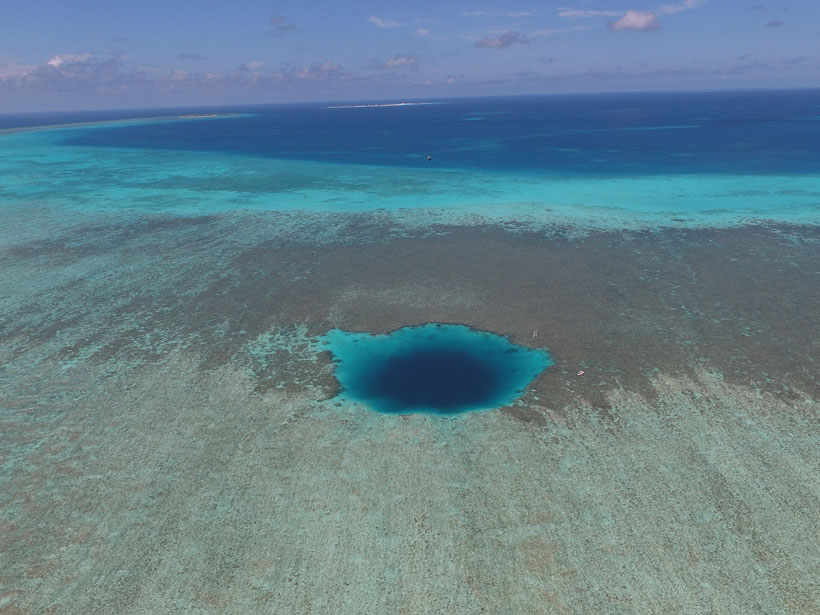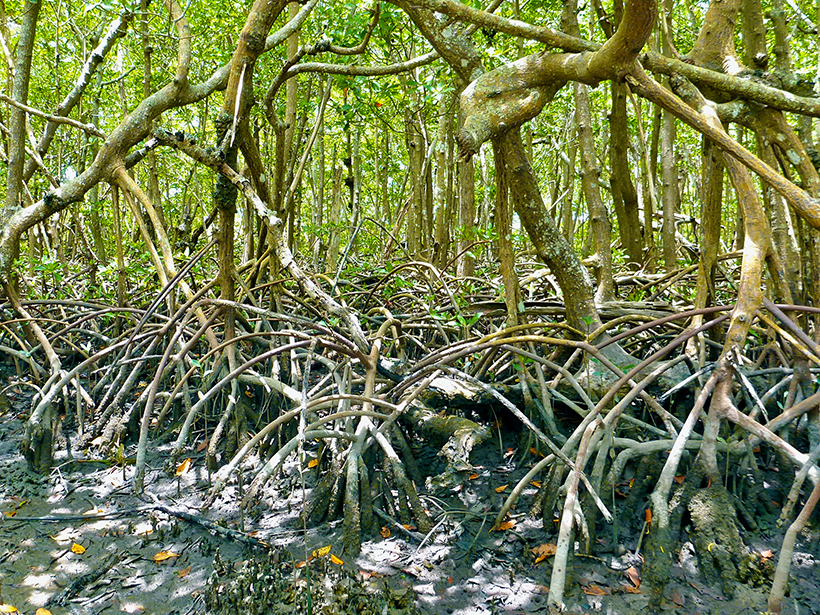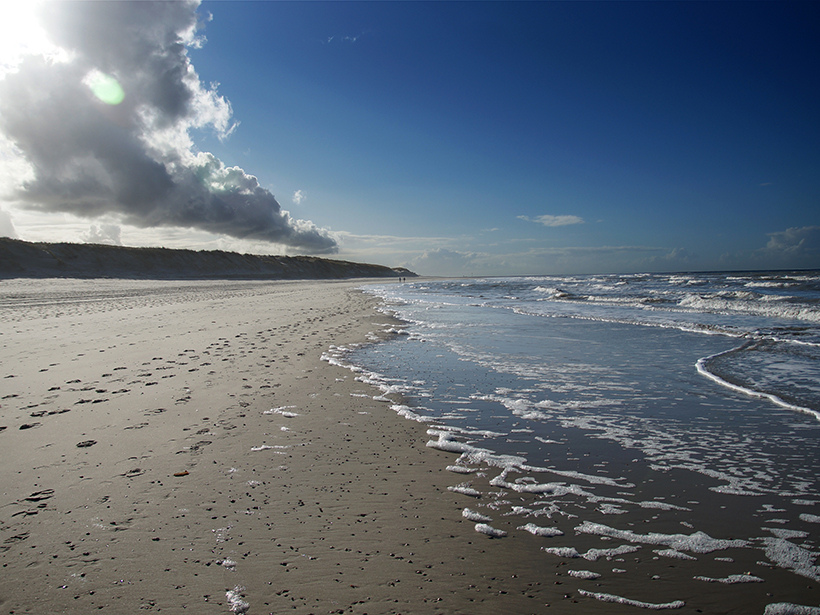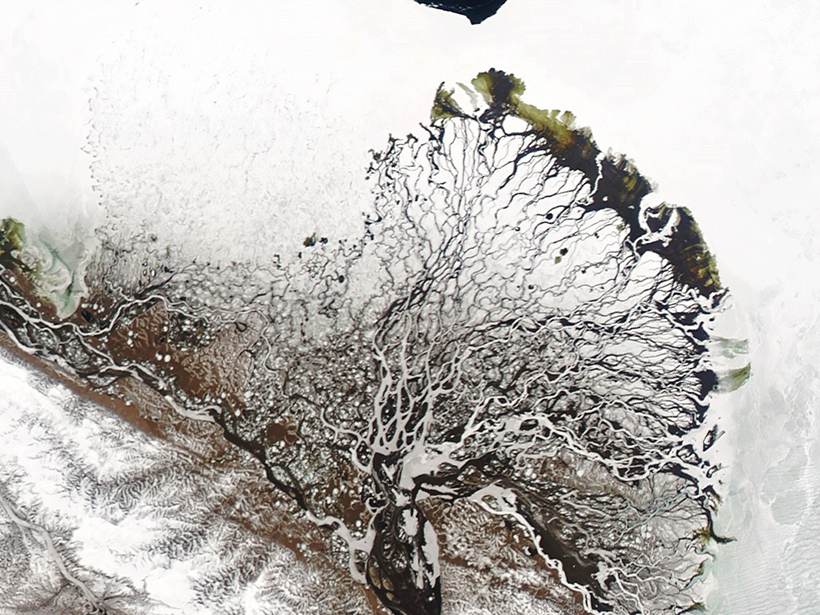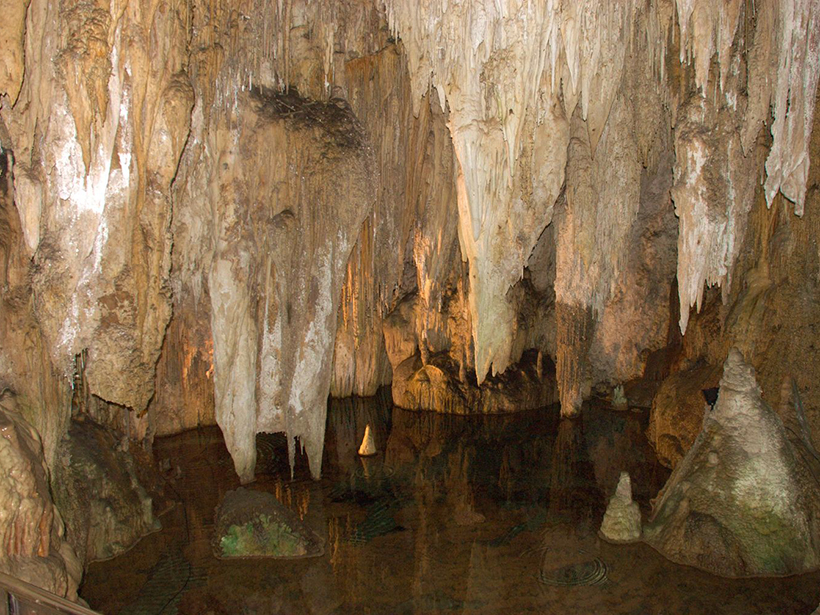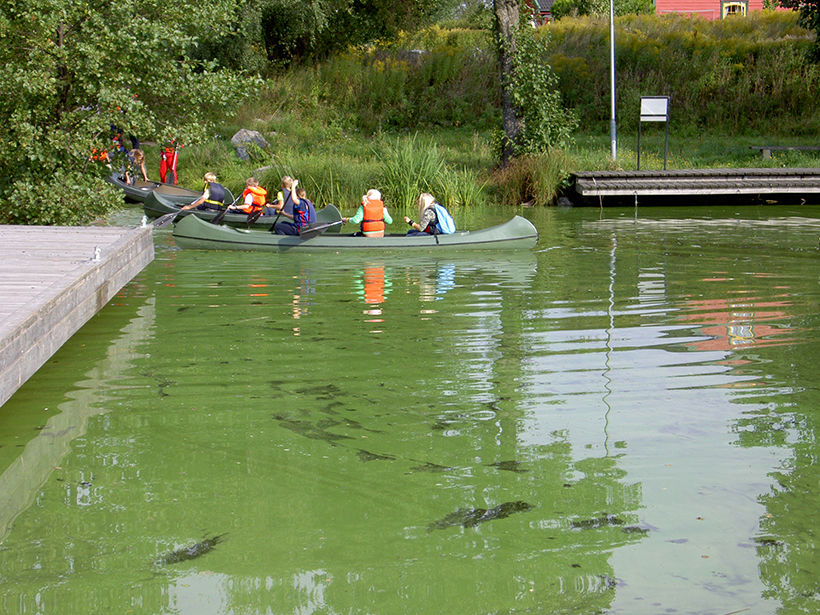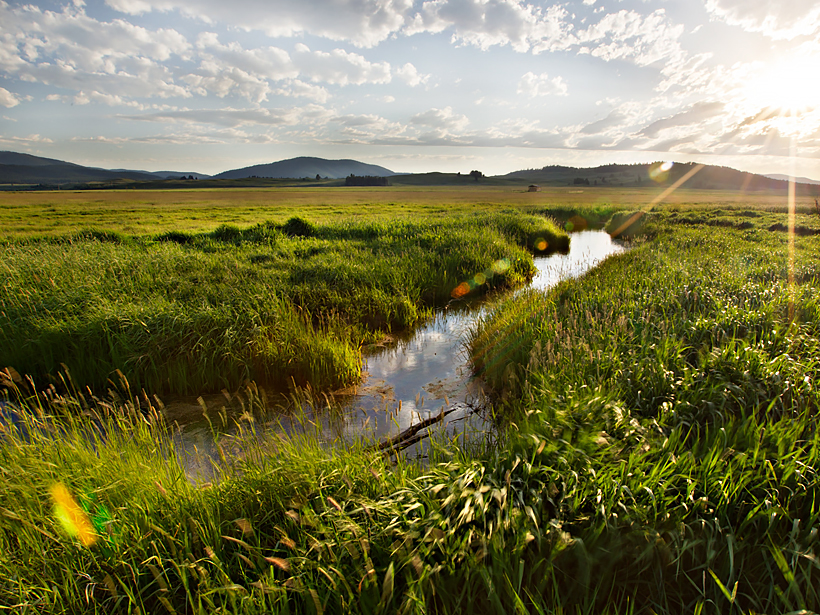Scientists find new extremes as they research carbon cycling in the Yongle blue hole.
Elizabeth Thompson
Elizabeth Thompson, née Jacobsen, is a freelance writer living in northern Virginia. She is a former production assistant and staff writer for Eos. Elizabeth graduated from Williams College with a degree in biology and English, and she is working toward a master’s degree in science writing at Johns Hopkins University. She enjoys spending time outdoors and exploring the workings of the world as fully as she can.
Florida Coastlines Respond to Sea Level Rise
For more than a century, carbon burial rates have been increasing on some southern Florida coasts. Scientists now verify this trend and propose an explanation.
Microbial Mechanisms Change with the Seasons
Microbes living in the sand on a barrier island alter the way they break down organic matter as their environment changes throughout the year, which has implications for the surrounding water column.
River Deltas at the Top of the World
The water that filters through river deltas has a large effect on the Arctic Ocean. A new study explores factors that shape Arctic river deltas and how delta form in turn changes water flow.
Wildfire Smoke Boosts Photosynthetic Efficiency
Wildfires can destroy large tracts of vegetation. But their smoke plumes may help crops and other plants use sunlight more efficiently.
How to Read Atmospheric History Written in Flowstones
Oxygen isotope ratios in cave deposits reflect past climates, but interpreting these data is not straightforward. A new study explores what these ratios really tell us.
Stored Nutrients and Climate Warming Will Feed More Algal Blooms
High nutrient concentrations cause water quality problems in lakes, and as the climate warms, these issues will only get worse. A new model assesses future scenarios and explores solutions.
Solving the Global Nitrogen Imbalance
Excess nitrogen causes serious environmental problems, but too little can lead to food insecurity and unrest. A team of researchers proposes a five-pronged solution to our planet’s nitrogen woes.
How Land Use Affects Nutrient Pollution in a Changing Climate
As heavy rain falls more frequently, the land alongside a river has a greater effect on the waterway’s nutrient levels—for better or worse.
Tracking Earth’s Shape Reveals Greater Polar Ice Loss
Researchers offer a solution to better track mass changes in ocean water and polar ice.

